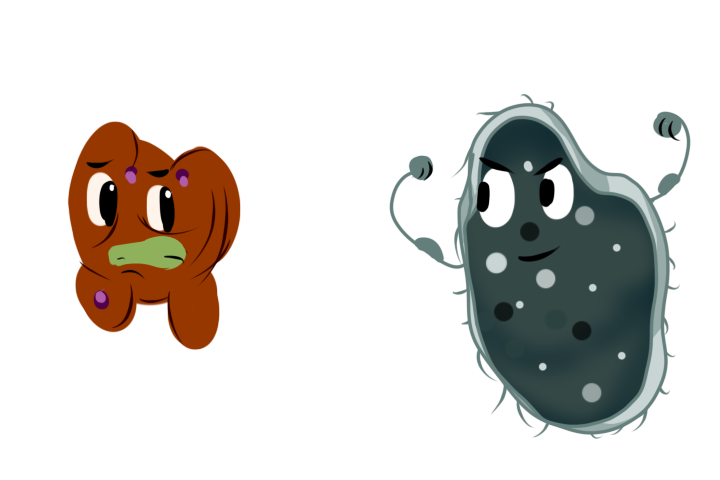Cancer Fighting Bacteria
Gallery

Liver cancer incidence rates are twice what they were twenty years ago for both genders. And, being a form of cancer that is generally diagnosed late, its mortality rate is very high. The Cancer Research Institute explains that, “The overall 5-year relative survival rate for patients with liver cancer is 16%. Less than half of patients with liver cancer are diagnosed at an early stage, when the 5-year survival is 29%. For patients with regional and metastatic disease, survival rates drop to 10% and 3%.”
The difficulty in detecting liver cancer has been acknowledged by medical professionals for a very long time. Contributing factors to late diagnosis are the concealed location of the liver behind the rib cage and the fact that there is currently no recommended screening for people who are not at risk for liver cancer. The American Cancer Society warns that liver tumors are often missed at physicals and it’s not until they are rather large in size that they can be felt. At this point, many of them are inoperable due to location and size.
Fortunately, there is new hope that diagnosis and treatment can happen much sooner. Synthetic biologist Tal Danino has recently made strides by creating programmable probiotic bacteria that can find and possibly treat these hidden liver tumors. He compares the programming of the bacteria to that of programming a computer.
At a TED Talk conference this year, Danino explained how this edible bacteria may change the face of cancer diagnosis and treatment. Experiments Danino performed on lab mice revealed some crucial information: bacteria use tumors as a safe haven to grow and flourish. The immune system usually has no access to these areas, so the bacteria take advantage and accumulate in the tumors. Danino noticed that when he administered probiotics to the mice, the bacteria selectively grew in the liver tumors of the mice.
In response, Danino and his team programmed the bacteria to produce a detectable signal when cancer was present in the body. Danino and his team were able to program the probiotics to make a molecule that changes the color of urine when cancer is present. Once this was accomplished, Danino had the bacteria programmed to “sensitively and specifically” detect liver cancer and even treat it by producing therapeutic molecules that shrink existing tumors. For the first time, liver tumors that were previously deemed inoperable due to their large size can now be shrunk back down to a size where they can be operated on.
This innovative technology boosts hope that early diagnosis of liver cancer can become the norm. It may reduce the need for liver transplants which is amazing by itself. The American Liver Foundation reports that “currently there are over 16,000 Americans on the waiting list for a liver.” What a relief it would be to not have to join such a long list.
One thing is for sure, life is not possible without a functioning liver. It is necessary for processing nutrients, filtering toxins from the blood, and also for clotting blood. This technology may help with earlier detection of all forms of cancer, and with treatments that specifically target cancerous tumors, a vital step in eventually eradicating cancer, the second largest killer in America.
